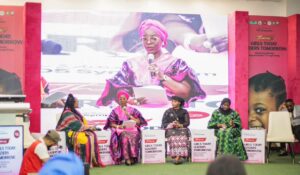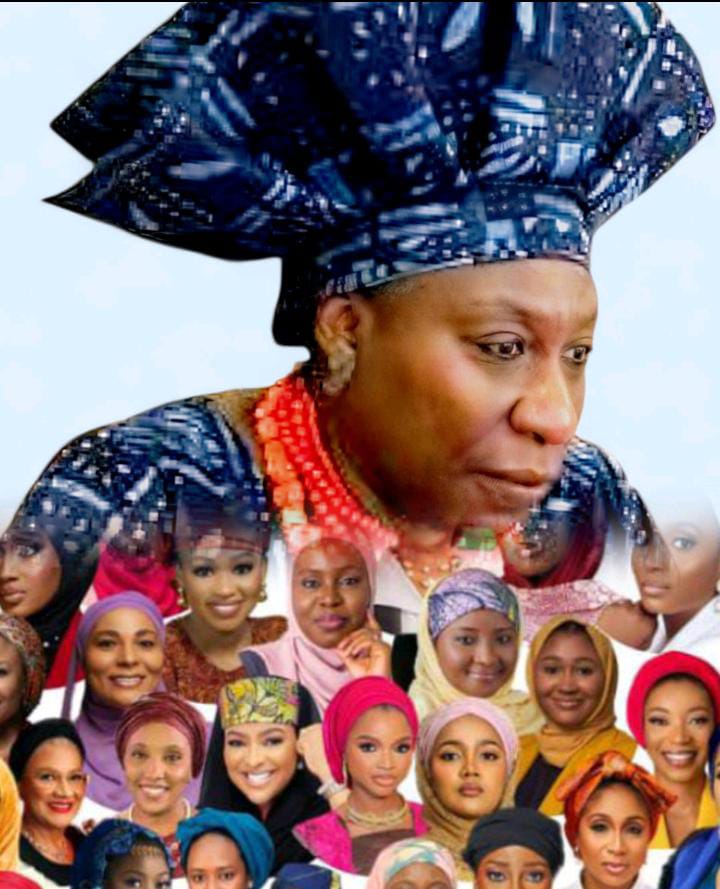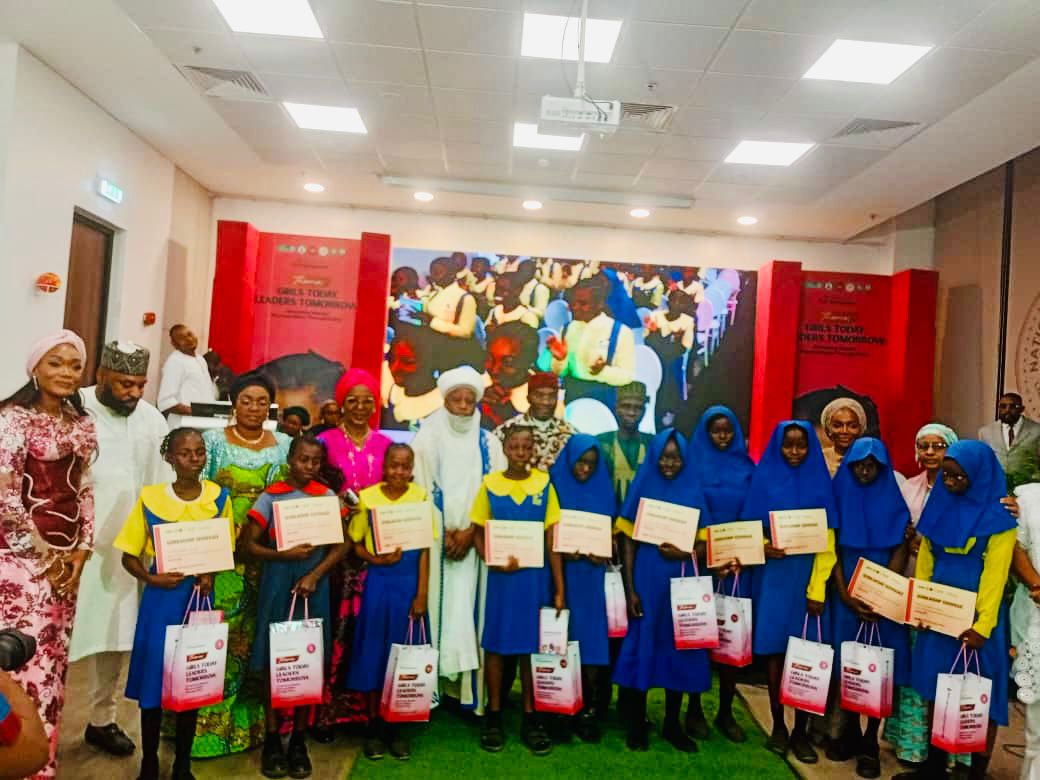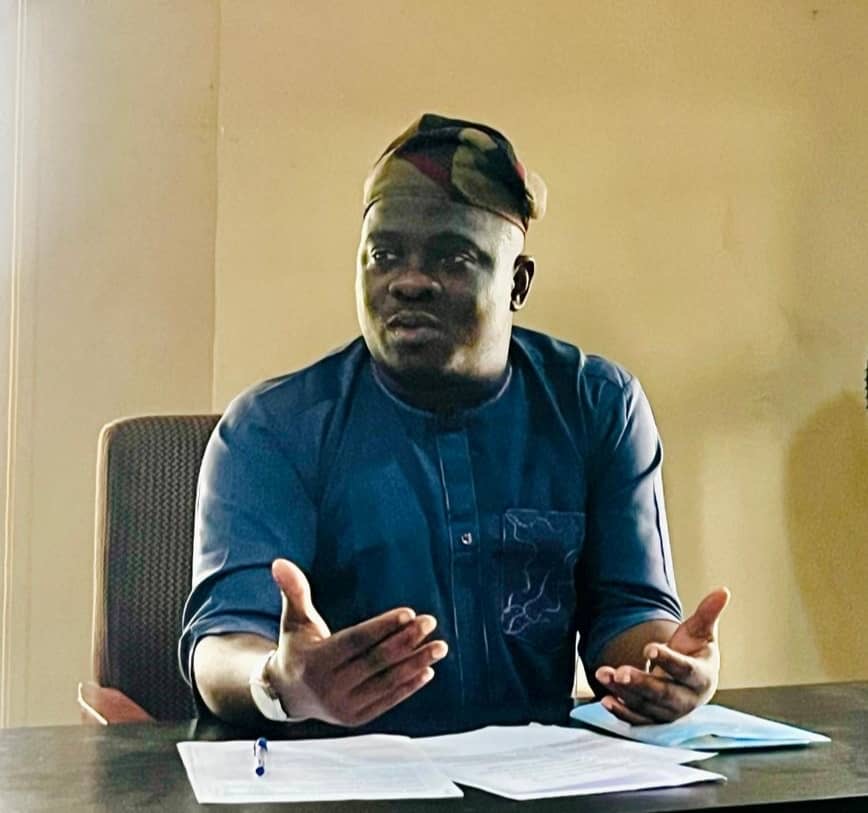In a major step toward advancing gender equality, key government and traditional leaders in Nigeria have reaffirmed their commitment to policies that promote girl-child inclusion across all sectors of society.
The pledge was made at the 6th edition of The Osasu Show (TOS) Symposium, held at the National Assembly Library, Abuja. Themed “Girls Today, Leaders Tomorrow: Advancing Women Representation Through Policy,” the event brought together notable dignitaries, including the Vice President, Kashim Shettima; the Sultan of Sokoto, His Eminence Sa’ad Abubakar; the Senate President, Godswill Akpabio; and the Deputy Speaker of the House of Representatives, Benjamin Kalu, among others.
The leaders collectively emphasized the urgent need to create enabling environments where girls can thrive, access quality education, and reach their full potential—irrespective of socio-economic barriers. They noted that investing in girls’ education, healthcare, and economic empowerment is critical to Nigeria’s sustainable development.
A key highlight of the discussions was the proposal to reserve seats for women in both national and state assemblies. The initiative, they said, would ensure that women’s voices are adequately represented in the legislative and policy-making processes shaping Nigeria’s future.
Speaking on behalf of the Vice President, his Technical Adviser on Women, Youth Engagement, and Impact, Hauwa Liman, reaffirmed the administration’s recognition of the indispensable role women play in national development. Shettima, she said, strongly supports the ongoing constitutional review process and backs proposals that would reserve seats for women in parliament—a progressive step toward building a more inclusive democracy.

“Nigerian women are capable, credible, and committed to shaping the nation’s future,” the Vice President declared, emphasizing that representation should form the foundation of broader systemic inclusion.
The Sultan of Sokoto, Sa’ad Abubakar, reflected on the rich legacy of women’s leadership and education in pre-colonial Nigeria. He urged a return to these values while stressing unity and collective responsibility in advancing girl-child education.
“Together, we can strive toward our goals through the National Assembly. Let’s focus on the education of our girls at the highest level and support one another—from the President to local leaders and every citizen,” he said.
In his remarks, Deputy Speaker Benjamin Kalu cited alarming statistics from UNICEF showing that over 189 million girls globally serve as household heads, underscoring that the girl child represents potential, not vulnerability.
He argued that gender equality is not merely a social justice issue but an economic imperative, referencing World Bank estimates that bridging the global gender innovation gap could add up to $28 trillion to the world’s GDP.
Kalu highlighted his sponsorship of the Special Seats Bill (HB 1349)—a constitutional proposal to establish temporary reserved seats for women in national and state legislatures.
“This bill is not about sentiment—it’s about justice,” he said. “Currently, women occupy just 4.21% of seats in the House of Representatives and 3.7% in the Senate. In contrast, Senegal has 41%, South Africa 44%, Uganda 34%, and Rwanda an impressive 63.75%. Nigeria, the so-called giant of Africa, must do better.”
The convener of the symposium, Osasu Igbinedion Ogwuche, emphasized the need to close the gap between elected officials and citizens while amplifying the voices of underrepresented groups—particularly women and girls.
She lamented Nigeria’s poor ranking—184th globally and last in Africa—in women’s parliamentary representation, calling it a national concern that diminishes the contributions of women to nation-building.
“We are here to advocate for the proposal to reserve seats for women in parliament,” she said. “This is about closing the democracy gap, ensuring justice and representation, and unlocking Nigeria’s full potential. When women are at the table, nations benefit. When girls are empowered, societies thrive.”
The TOS Symposium concluded with a call for coordinated action among political leaders, traditional rulers, and civil society to prioritize girl-child inclusion as a central pillar of national policy and development.














